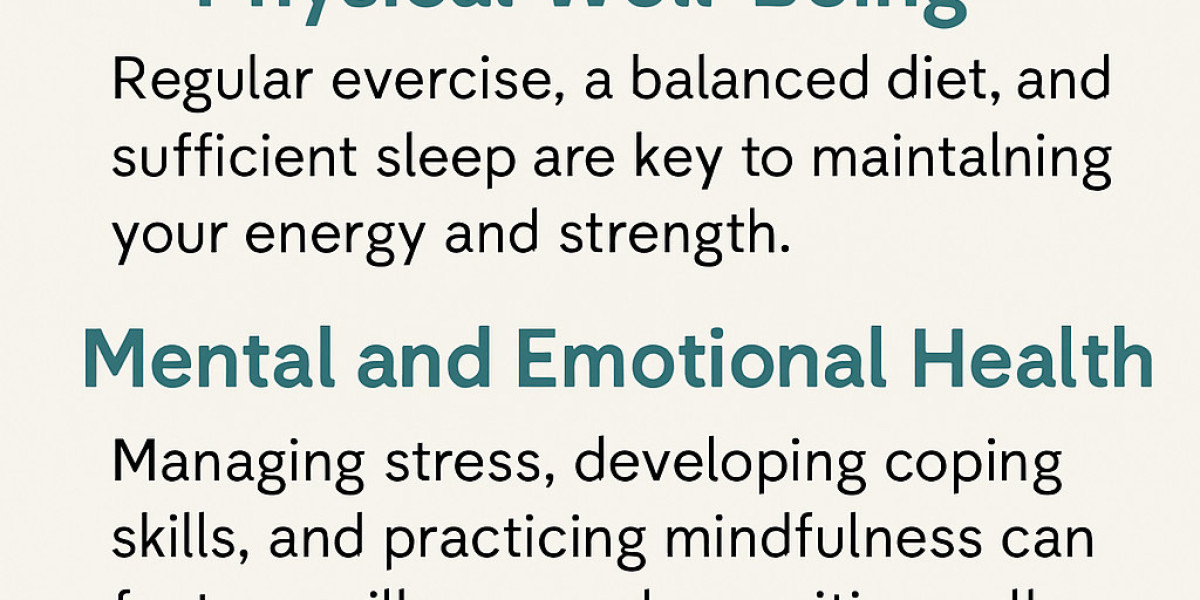Facial puffiness can be unsettling. You wake up, look in the mirror, and notice your face seems swollen, especially around the cheeks, jaw, or under the eyes. Maybe there's discomfort or a dull ache that won’t go away. It’s tempting to ignore it and assume it’ll subside on its own perhaps it’s just fatigue, allergies, or something minor. However, persistent puffiness, especially when localized, can be a red flag. In Wirral, where high-quality dental care is accessible, understanding the potential seriousness of facial swelling is key to protecting your health.This blog explores the reasons behind facial puffiness, when it might signal a dental emergency, and how getting prompt attention can prevent more severe complications.
What Causes Facial Puffiness?
Facial puffiness refers to swelling caused by fluid retention or inflammation in facial tissues. It can be generalized (all over the face) or localized (in one specific area). While temporary puffiness might be caused by factors like high salt intake, lack of sleep, or mild allergic reactions, persistent or painful swelling may be linked to underlying dental or oral health issues.
Common Non-Dental Causes:
- Allergies: Environmental or food-related allergies can cause swelling.
- Sinus infections: Pressure in the sinuses may lead to puffiness under the eyes and cheeks.
- Injury or trauma: A fall or impact to the face might result in localized swelling.
- Medication side effects: Some medications cause fluid retention as a side effect.
These causes usually resolve with time, treatment, or lifestyle changes. But when swelling is paired with toothache, fever, or sensitivity, it could be more serious.
Dental Problems That Cause Puffy Face
Dental and oral infections are among the top causes of localized facial puffiness. If you're experiencing swelling along with symptoms like throbbing pain, sensitivity, or difficulty chewing, it could be a sign of one of the following conditions:
1. Dental Abscess
A dental abscess is a pocket of pus caused by bacterial infection, often resulting from untreated cavities, gum disease, or trauma to the tooth. It’s one of the most serious causes of facial swelling.
Symptoms may include:
- Sharp or throbbing tooth pain
- Bad breath or foul taste in the mouth
- Swollen lymph nodes
- Fever
- Redness and warmth over the affected area
A dental abscess won’t go away on its own and can spread to other parts of the body if left untreated. Immediate care from an emergency dentist in Wirral is crucial to prevent complications.
2. Tooth Infection or Pulpitis
When the inner pulp of the tooth becomes inflamed due to deep decay or trauma, it can lead to pulpitis. Left unaddressed, it can become infected and cause surrounding tissues including the jaw and cheeks to swell.
3. Impacted Wisdom Teeth
Wisdom teeth that fail to erupt properly can become trapped in the gum or jawbone, leading to infection, pain, and swelling. If you notice puffiness in the lower jaw or behind the molars, this could be the cause.
4. Gum Disease (Periodontitis)
Chronic gum disease can lead to inflammation not only in the gums but also in surrounding areas. Advanced cases can affect the jawbone and even lead to facial swelling. Regular check-ups with a hygienist in Wirral can help identify and control gum disease before it progresses.
5. Cyst or Tumor in the Jaw
Though rare, cysts or tumors in the jaw or oral cavity can cause swelling and should be assessed by a dental professional. These may not be painful initially, making early detection even more important.
When Is It a Dental Emergency?
It can be difficult to determine when to act. Here are clear signs that your facial puffiness may require an urgent dental evaluation:
- Swelling that’s increasing in size or intensity
- Red, hot, or firm skin over the swollen area
- Fever or chills
- Trouble opening the mouth fully
- Difficulty breathing or swallowing
- Persistent toothache or sensitivity
- Bleeding or pus around a tooth or gum
If you experience any of the above, seek immediate assistance from an emergency dentist in Wirral. Acting promptly not only relieves discomfort but can prevent infection from spreading to critical areas like the neck or brain.
Why You Shouldn’t Delay Treatment
Dental infections can progress quickly. While it may begin with a dull ache or minor swelling, bacteria can infiltrate deeper tissues, leading to more serious conditions like cellulitis (skin infection), osteomyelitis (bone infection), or even sepsis a life-threatening condition.
Additionally, delays in treatment can lead to:
- Tooth loss
- Damage to adjacent teeth
- Chronic jaw pain or dysfunction
- Longer and more expensive treatments down the line
Proactive care is always less painful both physically and financially than emergency intervention.
Prevention Tips: How to Protect Your Oral Health
The best way to prevent facial puffiness linked to oral health is to maintain a consistent and thorough dental hygiene routine. Here’s what dentists recommend:
1. Regular Dental Check-Ups
Visit your dentist at least twice a year for exams and cleanings. Early detection of cavities, gum disease, or infections can prevent emergencies later on.
2. Routine Hygiene Appointments
Scheduling routine care with a hygienist in Wirral is essential. Dental hygienists not only clean your teeth but also monitor gum health, remove plaque buildup, and provide personalized tips to maintain a healthy smile.
3. Daily Oral Hygiene Habits
Brush twice a day with fluoride toothpaste, floss daily, and use antibacterial mouthwash if advised. Good home care goes a long way in keeping infections at bay.
4. Address Dental Concerns Promptly
Don’t ignore tooth sensitivity, bleeding gums, or loose fillings. These are warning signs of underlying issues that, if neglected, may escalate into something more serious.
What to Expect from Emergency Dental Care in Wirral
If you're facing swelling and suspect a dental issue, knowing what happens at an emergency dental appointment can ease anxiety.
Typically, the process includes:
- Assessment and Diagnosis: A thorough examination, often including X-rays, to determine the source of the problem.
- Immediate Relief: Draining of abscesses, pain relief medications, or temporary dental work to stabilize the issue.
- Follow-Up Plan: A longer-term treatment plan such as root canal therapy, extraction, or further cleaning may be scheduled once the swelling subsides.
- Preventive Advice: Recommendations to avoid recurrence of the problem.
Dental practices in Wirral are equipped to provide compassionate, professional emergency care don't hesitate to seek help when symptoms arise.
Conclusion
Facial puffiness should never be brushed off, especially when it signals something deeper within your oral health. Early intervention can prevent complications, reduce pain, and save your teeth. With expert care available in Wirral, there’s no need to delay seeking help. From emergency services to routine cleanings, the right professionals are ready to support your dental wellness journey. Don’t ignore the signs take action today with trusted care by your side.
Choose quality and reliability. Choose EDA Group.














